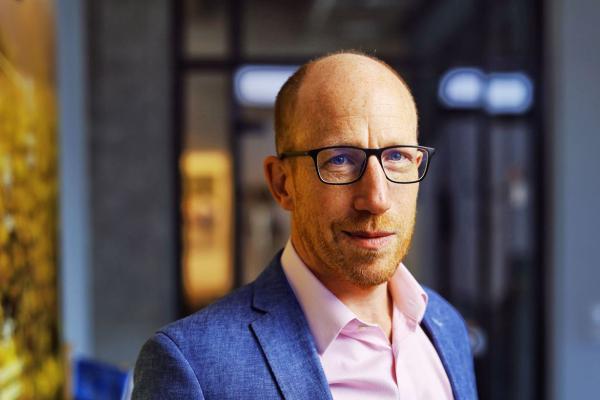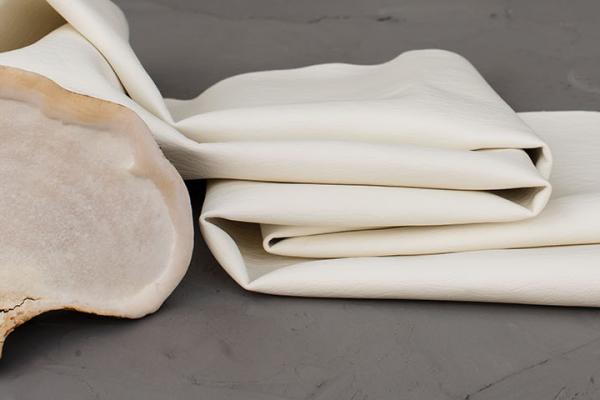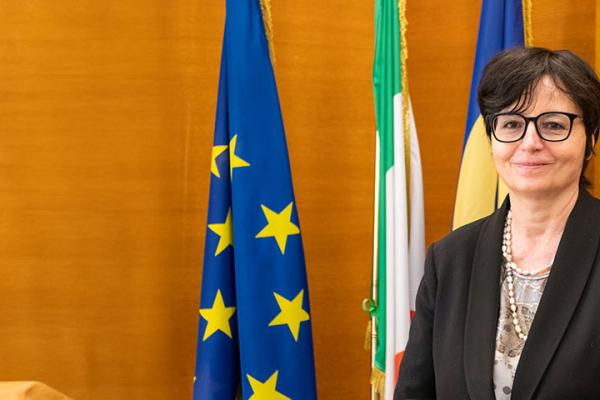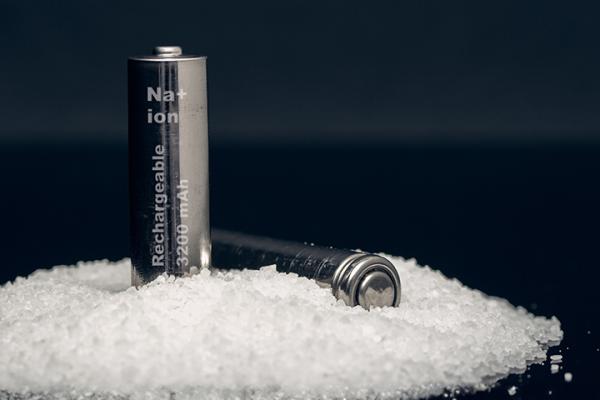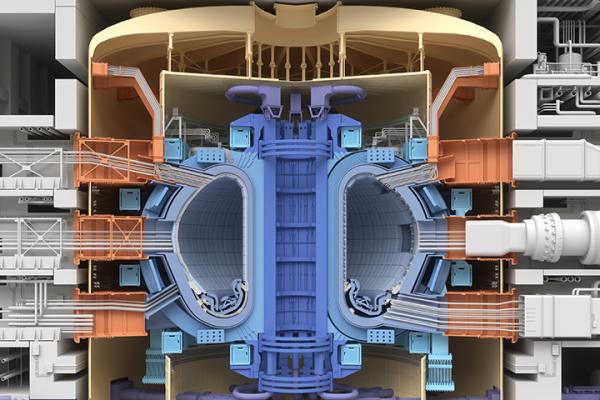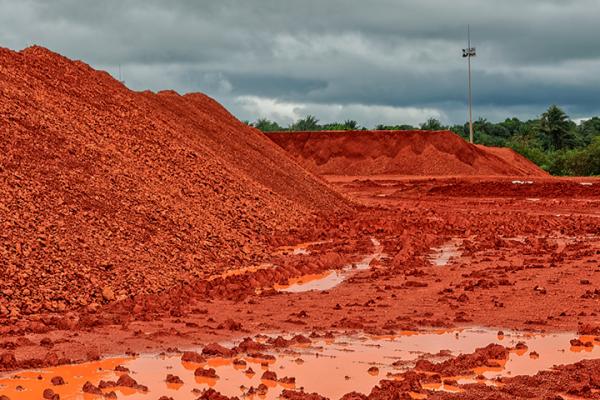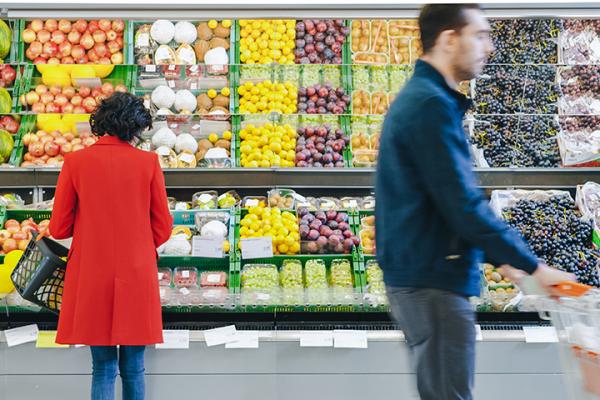Farmers, companies and consumers are all helping spur improvements in EU agricultural production and diets.
Researchers are turning to two crops to tackle the environmental harm of apparel made with synthetic fibres.
Automation will play a growing role in people’s lives and Europe has the know-how to lead the way, according to a top Italian researcher.
A new generation of batteries may bolster the EU’s green ambitions.
The inauguration of the world’s most powerful fusion machine brings the dream of clean, safe and abundant power closer.
EU researchers are helping policymakers reconcile competing demands in a region full of natural resources, beauty and tradition.
Waste from the production of aluminium, nickel and other industrial materials offers the EU an opportunity to advance its recycling goals.
Cellulose fibres are emerging as a sustainable option for wrapping everything from foods to electronics.
With the race to build a new generation of computers heating up, European companies are eyeing the game-changing opportunities.
Forests in the EU can help green the European construction industry and bolster a continent-wide push for architectural improvements.





